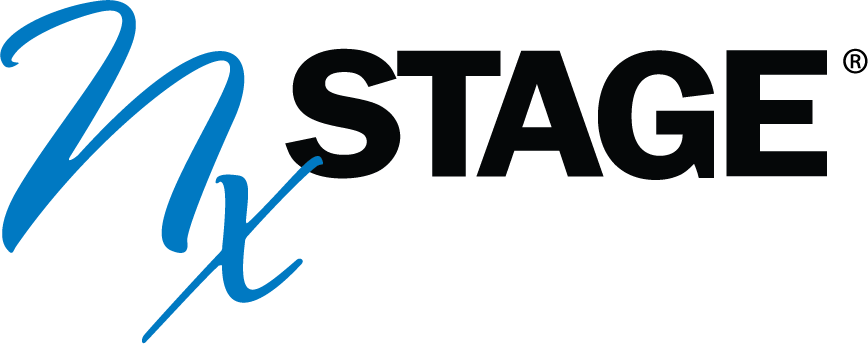Get your life back with home hemodialysis
You owe it to yourself to learn all you can about treatment for kidney disease and your available therapy options. By educating yourself, you’ll enjoy a better sense of control1 over your disease and the opportunity to live the best life possible.
The NxStage hemodialysis machines were made with you in mind, designed to provide simplicity, flexibility, and portability without compromising safety.
The NxStage systems allow patients to perform hemodialysis treatment in the comfort of their own home, on their own schedule, allowing for more frequent dialysis, and leading to many health benefits.
Home hemodialysis patients who treat more frequently report, and studies confirm:
- Improved lifespan2
- Faster recovery after treatment3
- Less stress on your heart compared to three times weekly dialysis4
- Increased rates of receiving a kidney transplant compared to three times weekly dialysis5
Like thousands of people living with kidney failure who use the NxStage system, you may achieve a more comfortable, flexible and liberating life. Talk to a patient consultant today and learn about the different types of home dialysis 888-200-6456.
Risks and Responsibilities
The reported benefits of home hemodialysis (HHD) may not be experienced by all patients.
The NxStage System is a prescription device and, like all medical devices, involves some risks. The risks associated with hemodialysis treatments in any environment include, but are not limited to, high blood pressure, fluid overload, low blood pressure, heart-related issues, and vascular access complications. When vascular access is exposed to more frequent use, infection of the site, and other access related complications may also be potential risks. The medical devices used in hemodialysis therapies may add additional risks including air entering the bloodstream, and blood loss due to clotting or accidental disconnection of the blood tubing set.
Home hemodialysis with the NxStage System during waking hours may not require a care partner, provided a physician and a qualified patient agree that solo home hemodialysis is appropriate. Patients performing nocturnal treatments are required to have a care partner. Care partners are trained on proper operation and how to get medical or technical help if needed.
Certain risks associated with hemodialysis treatment are increased when performing solo HHD because no one is present to help the patient respond to health emergencies. If patients experience needles coming out, blood loss, or very low blood pressure during solo HHD, they may lose consciousness or become physically unable to correct the health emergency. Losing consciousness or otherwise becoming impaired during any health emergency while alone could result in significant injury or death. Additional ancillary devices and training are required when performing solo HHD.
Certain risks associated with hemodialysis treatment are increased when performing nocturnal therapy due to the length of treatment time and because therapy is performed while the patient and care partner are sleeping. These risks include, but are not limited to, blood access disconnects and blood loss during sleep, blood clotting due to slower blood flow and/or increased treatment time, and delayed response to alarms when waking from sleep.
Patients should consult their doctor to understand the risks and responsibilities of performing these therapies using the NxStage Systems.
References
- Heidenheim PA, Muirhead N, Moist L, Lindsay RM. Patient quality of life on quotidian hemodialysis. Am J Kidney Dis. 2003;42(S1)(S1):S36-S41.
- Weinhandl ED, Lie J, Gilbertson DT, Arneson TJ, Collins AJ. Survival in daily home hemodialysis and matched thrice-weekly in-center hemodialysis patients. J Am Soc Nephrol. 2012;23(5):895-904.
- Jaber BL, Lee Y, Collins AJ, et al. Effect of daily hemodialysis on depressive symptoms and postdialysis recovery time: interim report from the FREEDOM (Following
- FHN Trial Group. In-center hemodialysis six times per week versus three times per week. N Engl J Med. 2010;363(24):2287-2300.
- Weinhandl E, Liu J, Gilbertson D, Arneson T, Collins A. Transplant incidence in frequent hemodialysis and matched thrice-weekly hemodialysis patients. Poster presented at National Kidney Foundation Spring Clinical Meeting, 2012.

